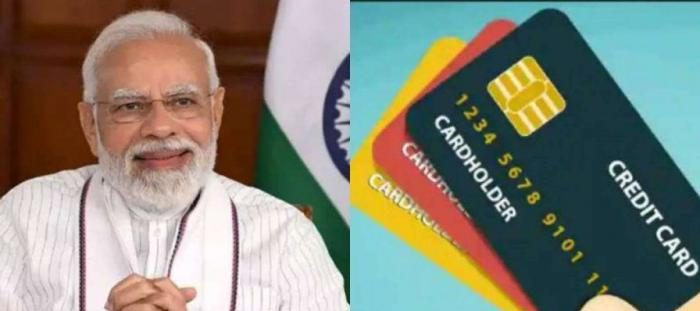If you are someone who frequently visits abroad for business work, tours or travels? If yes, then your trips are going to get more expensive as the Indian Government announced a 20% TCS to be charged on all international credit card transactions.
International credit cards will now attract a higher rate of Tax Collected at Source (TCS) at 20% after the Centre amended rules under the Foreign Exchange Management Act (FEMA), bringing international credit card spend outside India under the Liberalised Remittance Scheme (LRS).
The changes will come into force from July 1, 2023. The 5% TCS will be charged as usual until 30th June which will rise to 20% after 1st July.
The Indian government has said the decision was taken in consultation with the Reserve Bank of India (RBI). Further, the Finance Ministry said the changes were required as some situations have come to notice where the LRS payments were “disproportionately high” when compared to the disclosed incomes.
By bringing TCS on credit cards under LRS, the government aims at blocking the loophole. Earlier, expenditures through credit cards were not reckoned under the specified LRS limit, which led to some individuals exceeding the annual limits.
The differential treatment between debit cards and credit cards is sought to be removed through the changes.
Expenses related to education and medical purposes are not to be included in the new provisions that apply largely to the rich for buying property, shares and foreign travel. IT sector workers going on company or business trips will also remain unaffected by the new provisions.
Let me explain with an example.
Suppose you visited Japan for a vacation and spend Rs. 3 Lakhs with your credit card during your stay there. Now according to the new rules, a 20% TCS will be charged on the spend, and you will be charged a total of Rs 3,60,000 for your overall transactions.
Nevertheless, the new rules will help the Indian government track international spends made by Indian citizens in abroad and also, enhance the domestic tourism in the country. Let us know your thought about these new rules amended by the Government.
FAQs
What is TCS on credit card?
TCS (Tax Collected at Source) on credit card refers to the tax levied by the Indian government on certain transactions made using credit cards. As per the provisions of the Income Tax Act, 1961, TCS is applicable when a credit card is used for specific high-value transactions such as the purchase of foreign currency, making overseas remittances, or purchasing luxury items.
The current TCS rate for credit card transactions in India is 0.1% of the transaction value if the individual transaction exceeds a specified threshold limit, which is subject to change as per government regulations.
It’s important to note that TCS is collected by the bank or the payment gateway at the time of the transaction itself, and the collected amount is then remitted to the government. The credit card holder is responsible for paying the TCS, and it will be reflected in their credit card statement.
However, it’s advisable to consult with a tax professional or refer to the latest regulations from the Income Tax Department or the concerned government authorities for accurate and up-to-date information regarding TCS on credit card transactions, as the rules and rates may vary over time.
Is TCS applicable on credit card?
TCS will not be levied on any payments made by an individual using their international debit or credit cards up to Rs 7 lakh per financial year.
Can I claim refund of TCS on foreign remittance?
Yes, you can claim a TCS refund in your Income Tax Return if you have paid more TCS than your actual tax liability. To claim the TCS refund, you must fill out the ITR form’s relevant sections and provide supporting documentation.
Is TCS applicable on forex cards?
No TCS on debit card, credit card forex payments of up to Rs 7 lakh from July 1, 2023:
Is TCS applicable on NIYO global card?
Yes, TCS at the rate of 5% will be applicable on all overseas transaction done DCB Niyo Global Card
Read more
